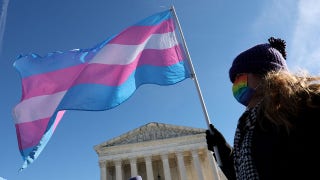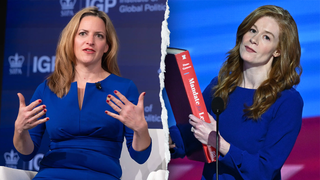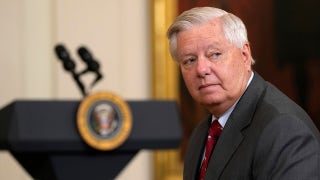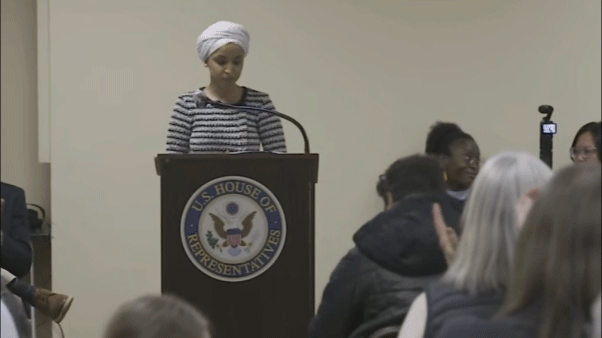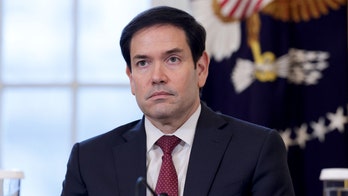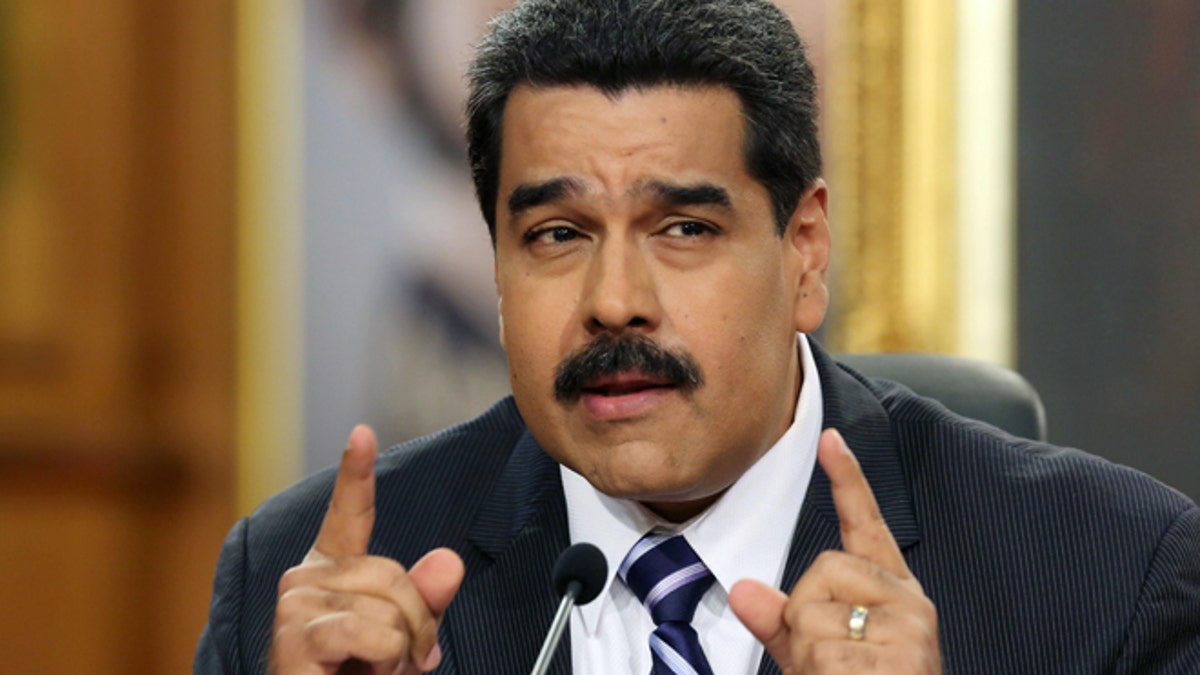
Venezuela's President Nicolas Maduro in a 2014 file photo. (AP)
The United States will not be dealing with the usual vociferous denunciations by Latin American leaders of its isolation of Cuba at this year’s Summit of the Americas, scheduled to begin Friday in Panama.
It is the first time that Cuba will be at the summit, which is sponsored by the Organization of American States. Cuba had been shut out of previous summits. Many Latin American countries had said they would boycott the summit if Cuba continued to be banned from it.
But White House officials said in a telephonic press briefing Tuesday that this time, they expect a source of contention at the hemispheric gathering to be the U.S. sanctions against Venezuela.
“Venezuela is certain to be on the agenda,” said deputy national security adviser Ben Rhodes, who played a key role in brokering the U.S.-Cuba deal on restoring diplomatic relations. “We certainly would expect the Venezuelan government to express its opposition to certain U.S. policies.”
Early last month, President Barack Obama signed an executive order declaring a "national emergency" in response to the "unusual and extraordinary threat to the national security and foreign policy of the United States posed by" leftist-led Venezuela. The order also imposed sanctions on several Venezuelan officials, further damaging already strained ties between the two countries.
Venezuelan President Nicolás Maduro, a protégé of the late Venezuelan leader Hugo Chávez, has made it his goal at the summit in Panama to force the U.S. to repeal the sanctions it levied on Caracas last month, and in doing so turned a once drill diplomatic meeting into the hemisphere’s hottest ticket.
The language of a ‘"national emergency" is something that Maduro has seized upon and he is using the sanctions to cast the U.S. in an us vs. them-light in order to allow him to try to gain support from sympathetic governments throughout the region.
"The summit looked like it was going to be so calm that there were even [countries] talking about skipping it due to lack of interest," Javier Loaiza, an international analyst and author based in Colombia, told The Miami Herald. "But now, as they say at bullfights, we’re going to be renting balconies. This is going to be interesting."
Rhodes said that the sanctions were not against the Venezuelan government, but against particular people.
“The wording [in the sanctions executive order] is completely pro forma,” Rhodes said. “It is the wording we use in executive orders around the world. The executive order was in response to congressional legislation. It was not aimed at targeting the government of Venezuela broadly. It was focused on a number of individuals who had been determined to be associated with human rights violations.”
Ricardo Zuniga, Senior Director for Western Hemisphere Affairs, told reporters on the phone briefing that it’s not just the United States that is troubled by human rights violations under the Maduro administration.
“The situation inside Venezuela is clearly a matter of concern to its neighbors,” said Zuniga, who with Rhodes worked out the U.S.-Cuba deal to restore relations. “There’s great concern about the economic crisis inside Venezuela…a number of governments have expressed concern about the arrest of elected leaders” in Venezuela.
Venezuela is dealing with massive food shortages, soaring inflations and widespread unrest.

